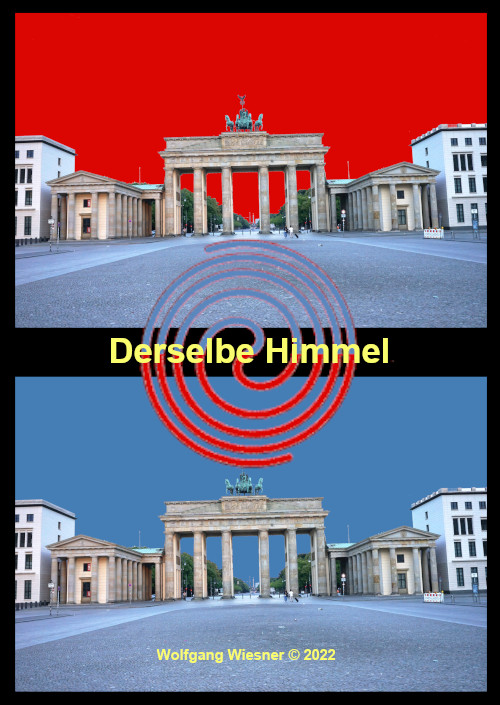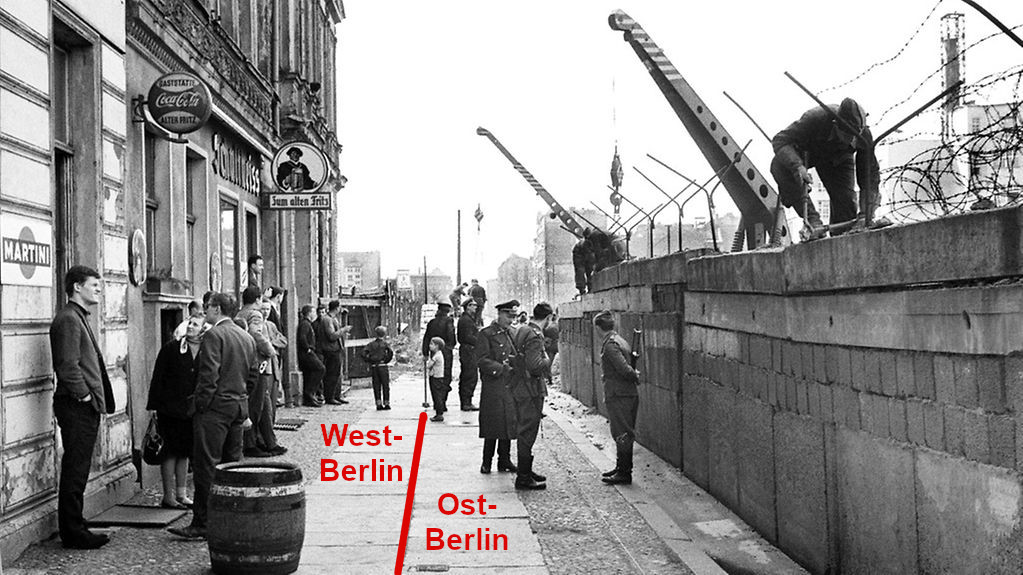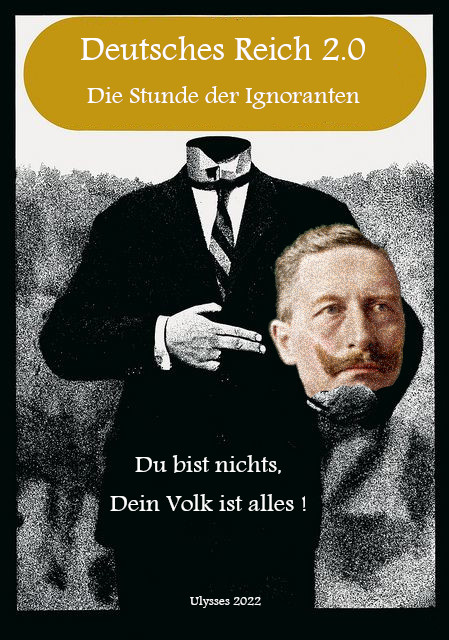- Deutsche Geschichte der Neuzeit -
Vom Kaiserreich zur Gesamtdeutschen Republik

Nachruf auf die DDR aus Sicht eines Westberliners. DDR-Altlasten: Wenn das Sein das Bewusstsein bestimmt Die "Fünfte Kolonne" und ihre Denkweise |
Nachkriegsgeschichte 
Die Berliner Mauer 1961-1989 Resümee eines Zeitzeugen. Ostberlin am Tag der Grenzschließung (13.8.1961) John F. Kennedy: Rede in Westberlin (26.6.1963) Live-Berichte vom Berliner Mauerfall (9.11.1989) |
Die Stunde der Ignoranten 
Fotos aus der Nachkriegszeit des 1. Weltkriegs illustrieren den Ist-Zustand der Gesellschaft in der Endphase des Deutschen Reiches ab 1900. |
|
German History - A Difficult Approach to Freedom and Democracy
My German language articles included here are a personal evaluation of the 40-years existence of the German Democratic Republic (GDR) and a personal report on what happened between 1961 and 1989 when Eastern Germany, already separated from the German Federal Republic (GFR) by a fortified boundary, decided to firmly close the local loophole between East- and West-Berlin, such trying to stop the exodus of their own citizens being fed-up by the 'paradise of the working class' and rather willing to make it in the West. The harsh separation of family members living at both sides of the newly erected wall demasked Eastern Germany as an inhumane entity and made Westberlin a glitttering symbol of the so-called 'Free West'. While life continued seemingly undisturbed under the eyes of the world, the secret war of spies intensified. In this war, East German State Security provided by far most personnel on the 'battle field' and which became obvious after the GDR perished in 1989 because of its economic and social contradictions. In order to further illustrate and explain the difficult path that Germany took from the foundation of two German entities in 1949 after the fall of the 3rd Reich in 1945, I decided to include another article, originally intended to refer to the so-called 'Citizens of the Reich Movement' and which recently came into being as a renaissance of the old German Empire. That empire perished at the end of World War I in 1918, giving way to the Republic of Weimar and which either failed in its efforts to replace imperial rule by democratic structures. At the same time that tiny efforts could be made to soothe social tensions in the desperate economic situation after World War I, some militant fascism came into being and overwhelmed the basic concept of the Weimar Republic, finally leading to the 'National Socialism Movement' of Hitler who triggered off another global war in 1939 that ruined Germany even more than the first. It was only after a 'second trial' after 1945 and with US support that the Federal Republic of Germany succeeded in establishing a stable, however imperfect, political system based on civil rights and a certain degree of political independence while the German Democratic Republic was based from the very first moment of its existence on ideology and political suppression on behalf of Russia, even though some idealists returning from their exiles looked at it as some 'Better Germany' at first sight. - Wolfgang Wiesner 2025 - |